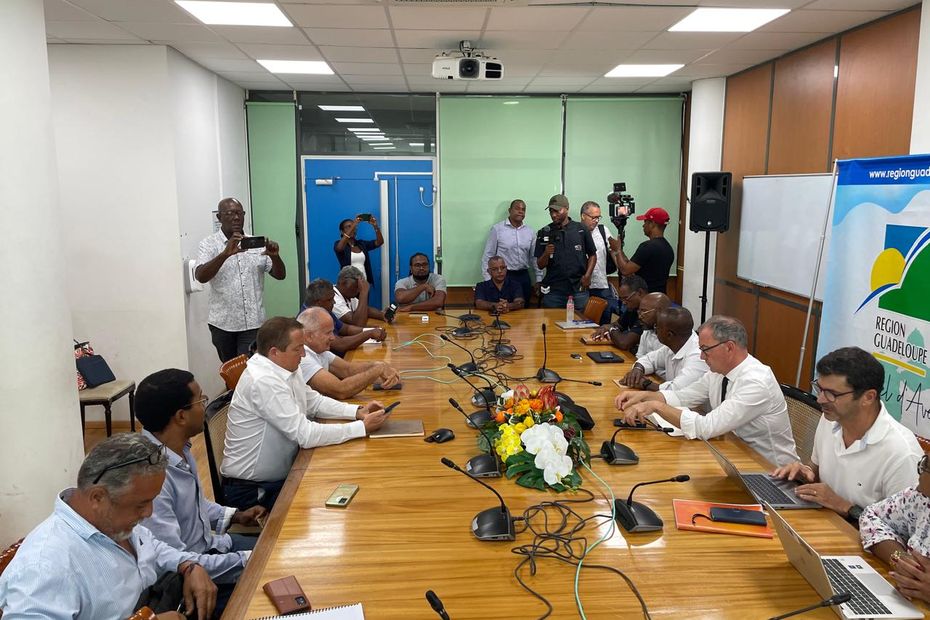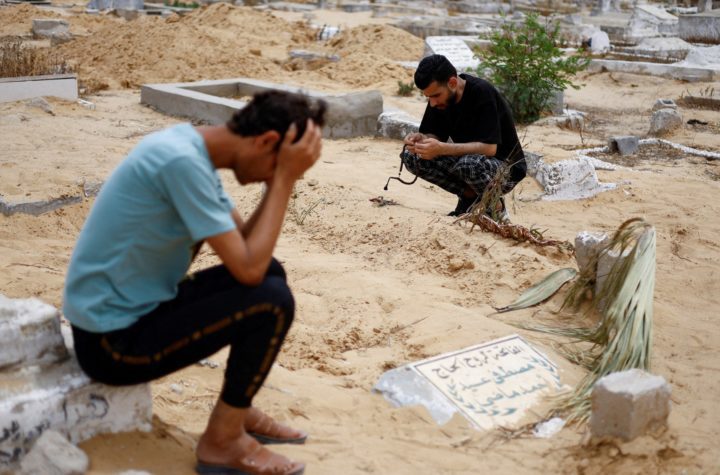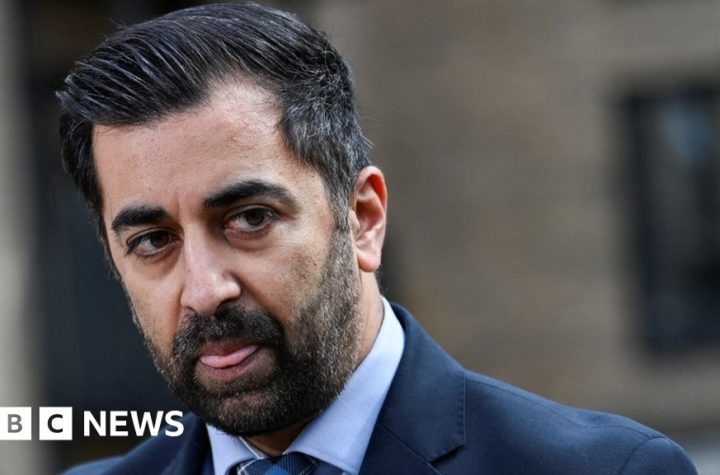KALAMATA, Greece (Reuters) – At least 79 migrants drowned early on Wednesday and hundreds more were missing or feared dead after their overloaded boat capsized and sank off Greece in one of Europe’s deadliest shipping disasters in recent years.
As the painstaking search for survivors continues, charity European Rescue Support said it believes around 750 people were on board the 20 to 30 meter (65 to 100 ft) ship. The United Nations migration agency estimated as many as 400, while Greece declined to speculate on the number of passengers.
By midday, 104 people had been rescued. A media report said the boat departed from Libya, and a Shipping Ministry official, who spoke on condition of anonymity, said most of those on board were from Egypt, Syria and Pakistan.
Search and rescue operations were to continue throughout the night, as military aircraft deployed flares to illuminate the Mediterranean waters around the wreck site about 50 miles (80 km) southwest of the southern Greek port city of Pylos.
The survivors were taken to the Greek port of Kalamata near Pylos. They were covered in blankets, rested on mattresses in a warehouse shelter, and were expected to be transported by the Ministry of Immigration to a camp outside Athens.
The shipwreck was the deadliest off Greece in several years. In February, 96 people died when their wooden boat hit rocks on the coast of Italy’s Calabria during a storm.
Greece’s interim administration, which was in power between an inconclusive election on May 21 and new elections on June 25, declared three days of national mourning.
Migrants crowded the decks
The Greek state radio said that the boat was on its way to Italy from the Libyan city of Tobruk, which is located south of the Greek island of Crete. The Greek authorities have not confirmed the ship’s port of departure.
Alarm Phone, which operates a network across Europe supporting rescue operations, said it received alerts from people on a ship in distress off Greece late Tuesday, with irregular communication after that.
“According to people, there were 750 people on board… We are now hearing reports of a shipwreck and we fear they are true,” she said on Twitter.
Greek coast guard spokesman Nikos Alexiou, speaking to Greece’s Mega TV, said the authorities did not know how many were on the boat, especially below the surface, but stated that it was crowded. He said, “… there were a lot of people on the outside deck. It was full.”
The Greek coast guard said the boat was first spotted by the European border agency Frontex on Tuesday in international waters southwest of Pylos, and then Italian authorities alerted Greece to the vessel’s presence.
Alarm Phone said it notified Greek authorities, Frontex and the Greek section of the United Nations High Commissioner for Refugees (UNHCR) late Tuesday afternoon.
[1/4] Rescue workers carry a migrant into an ambulance after a rescue operation after their boat capsized at sea, in Kalamata, Greece, June 14, 2023. REUTERS/STELIOS MESSINAS
The charity said it shortly afterwards spoke to people on board who said the captain had fled on a small boat and asked for help.
The Greek Coast Guard reported that its agents approached the ship and offered to help. But the migrants crowded on its outer deck “refused assistance and expressed a desire to continue their journey,” according to the coast guard.
In aerial photos released by the Coast Guard, dozens of people on the upper and lower decks of the boat were looking up with outstretched arms.
A few hours later, a government official said, the ship began veering from side to side before capsizing around 2 a.m. on Wednesday and then sinking.
Libyan smuggling networks
Greece is one of the main routes into the European Union for refugees and migrants from the Middle East, Asia and Africa.
But since the former conservative government of Kyriakos Mitsotakis imposed stricter controls in the country’s migrant camps, more people have opted to take the longer and more dangerous sea journey from Turkey to Italy via Greece.
Greece’s migration ministry blamed international smuggling networks for endangering migrants’ lives, while Filippo Grandi, the United Nations High Commissioner for Refugees, called on governments to work together to create safe pathways for people fleeing poverty and war.
Libya, which has had little stability or security since a NATO-backed uprising in 2011, is a major departure point for people seeking to reach Europe by sea. People smuggling networks are mainly run by the military factions that control the coastal areas.
In recent days, security forces in Libya have cracked down on migrants with detentions and deportations. It was not clear if the ship that sank on Wednesday left Libya before or after the security crackdown.
Greece was on the front line of Europe’s migration crisis in 2015 and 2016, when nearly a million people arrived on its islands from Turkey before heading north to wealthier European countries.
The numbers have fallen dramatically since a 2016 agreement between the European Union and Turkey to stem the flows.
Some 72,000 refugees and migrants have arrived so far this year in Europe’s frontline Mediterranean countries, according to UN data, with the majority in Italy and about 6,500 in Greece.
It is estimated that nearly 1,000 people have died or gone missing in the Mediterranean this year, according to the United Nations.
Additional reporting by Stamos Brosalis in Kalamata, Carolina Tagaris, Leftris Papadimas and René Maltezo in Athens, Gabriel Tetrou-Farber in Geneva and Reuters Newsroom in Libya; Writing by Carolina Tagaris; Editing by John Stonestreet, Mark Heinrichs and Cynthia Ostermann
Our standards: Thomson Reuters Trust Principles.

“Infuriatingly humble alcohol fanatic. Unapologetic beer practitioner. Analyst.”









More Stories
Israel's war on Gaza live: Israel bombs Gaza as student protests grow | News of the Israeli war on Gaza
Hamza Yousaf will not resign from the position of First Minister of Scotland
Talks between the United States and China begin with warnings about misunderstanding and miscalculation